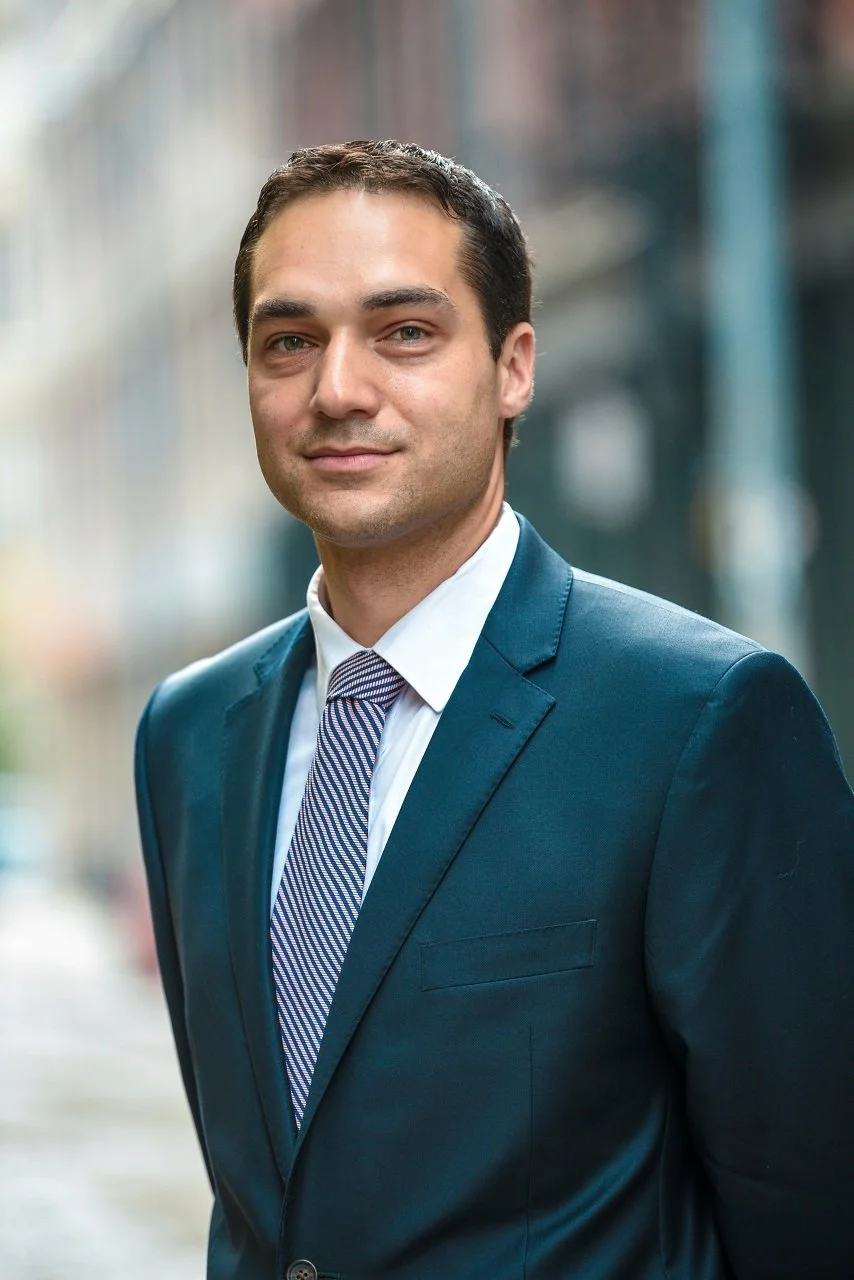Unauthorized Surveillance in New York
Unauthorized surveillance is, unfortunately, a common form of intimate partner abuse as well as harassment undertaken by strangers. It can take on many forms, including:
Hidden Cameras: Secretly placed cameras in private spaces within homes and vehicles.
GPS Trackers: Using devices to track a person’s movements without their permission. Such devices go far beyond AirTags and can include devices placed on the outside of a car or hidden within innocuous objects, such as charging ports.
Electronic Eavesdropping: Intercepting or recording private conversations through wiretapping or other electronic means. Like GPS trackers, such devices can be hidden within everyday items.
Cyberstalking: Utilizing digital tools to monitor and/or manipulate online activity and communications.
Upskirting: Using cellphones and other types of electronic device to take pictures up women’s skirts or while they are exposed or in intimate positions. Some examples of this might include taking photos or videos from beneath a staircase or hiding cameras in bathrooms or dressing rooms.
Where Are Hidden Cameras Typically Hidden?
The most common places to find hidden cameras indoors include:
Pens
Smoke detectors
Books
Electrical outlets
Phone chargers
Stuffed animals
DVD cases and other boxes
Wall and/or alarm clocks
Air filters
House plants
Remember that not all cameras need to be connected to an energy source to be capable of recording.
Is Unauthorized Surveillance Illegal in New York?
Yes, unauthorized surveillance can be illegal in New York. Unlawful surveillance is among the offenses against the right to privacy found in Article 250 of the New York Penal Code. If you suspect you are being recorded without your permission, your first stop should be the police station.
Civilly, unauthorized surveillance is a little more complicated. Often the best course of action for initiating a lawsuit against someone who has been recording you without your permission or consent is to pursue them for intentional or negligent infliction of emotional distress.
Can I get an Order of Protection Against Someone in Family Court for Unauthorized Surveillance?
The unfortunate answer to this question is maybe. Unfortunately, pursuing a family offense against someone in family court requires individuals to allege that they had an intimate relationship with the bad actor in order to gain the benefit of an order of protection. However, not all stalking situations necessarily involve intimate relationships.
Recently New York legislators have been working to pass The CREEP Act or “Ceasing Repeated and Extremely Egregious Predatory Behavior Act” which would extend civil protections to victims of stalking who have never been in intimate relationships with their stalker. Supporters of the legislation argue that the amendment is necessary to address the rise in digital stalking and harassment.
Contact Us
Free Consultation
212-706-1007
Tech Abuse Areas
The attorneys at Veridian Legal have years of experience representing abuse victims and those who have suffered from tech abuse. As your lawyers we will fight tirelessly for the justice and compensation you deserve.
Our victims’ rights practice areas include:
Tech Abuse Blog
Client Reviews
Meet the Team
-

Cali Madia
PARTNER
-

Daniel Szalkiewicz
PARTNER






